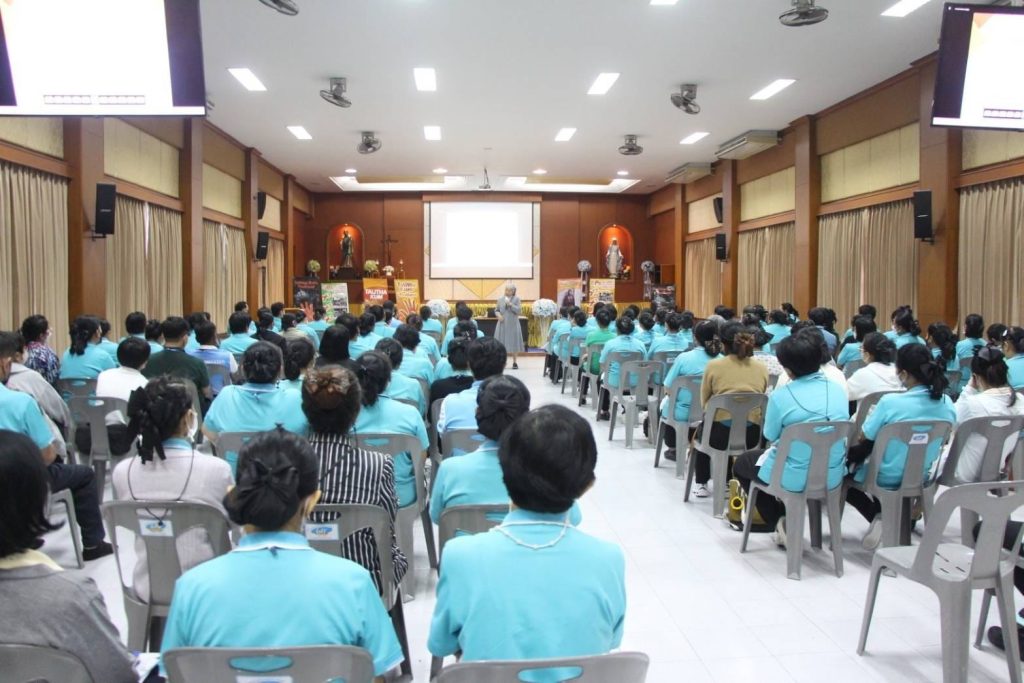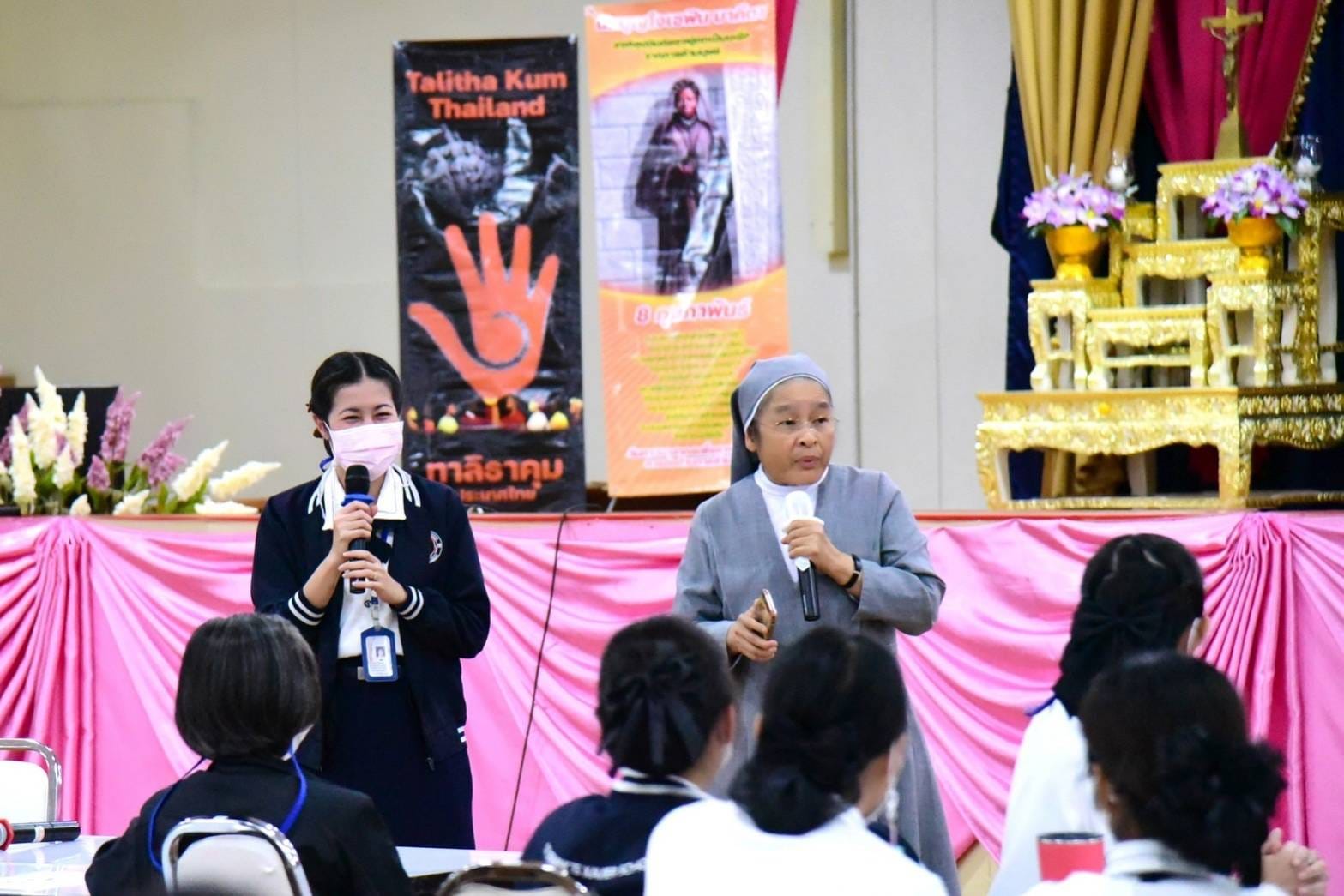The Thai government is moving to crack down on digital crimes targeting minors, with the Cabinet approving a draft bill to amend the Criminal Code and introduce five new offenses related to online child exploitation.
Officials said the amendments aim to address gaps in existing laws, which have failed to keep pace with technological advancements that expose children and young people to heightened risks online.
The cross-border nature of these digital crimes further complicates enforcement and prevention efforts.
Under the proposed changes, the revised Criminal Code will define and criminalize five specific offenses — including luring children for sexual purposes, inappropriate sexual conversations, and online bullying.
Catholic schools strengthen child safeguarding policies
In response to evolving legal frameworks and mounting concerns over child protection, the Catholic Education Council of Thailand (CECT) reaffirmed its commitment to ensuring student safety across its institutions.
“The safeguarding of our students is our top priority,” said Fr. Paul Ekarat Homprathum, Secretary General of CECT. “We are committed to complying with Child Safe Standards and have been working with our schools to meet these requirements and fulfill our legal obligations.”
Fr. Homprathum noted that since 2018, CECT has distributed a Child Protection Manual to all Catholic schools under its purview. The manual, he said, encourages schools to adopt policies suited to their specific contexts and reflects the Church’s broader efforts to protect minors.
“This manual follows the call of Pope Francis on child protection and reinforces our commitment to ensuring a safe learning space for every child,” he said.

Pope Francis: Confronting the Digital Threat
Pope Francis has repeatedly called for decisive action against the abuse of minors, particularly online. Describing digital child exploitation as an “urgent crisis,” the pontiff has urged a global “all-out battle” to protect children in cyberspace.
“We must hear, watch over, protect, and care for abused, exploited, and forgotten children, wherever they are,” the pope said in one of his public appeals.
In October 2024, Francis addressed a global audience in his first Facebook Live appearance during a conference hosted by the Centre for Child Protection at the Gregorian University in Rome. The event brought together Church leaders, digital companies, and academic experts to tackle online threats to children.
While acknowledging the benefits of digital technology, the pope warned of its “dark side,” citing its role in enabling child exploitation, cyberbullying, and trafficking.
“This is the existential question facing humanity today,” he said. “We must keep our eyes open and not hide from the unpleasant truth we would rather not see.”
He identified the solicitation of minors, human trafficking, and live-streamed violence against children as grave concerns requiring urgent, coordinated action.
Sister Marie Agnes: On the Frontlines of Child Protection
One of Thailand’s most vocal advocates for child protection is Sister Marie Agnes Buasap of the St. Paul de Chartres Sisters. As coordinator of Talitha Kum Thailand, she has led grassroots initiatives to combat human trafficking and child abuse through education and outreach.
“I am glad there is growing legal attention to child protection, but enforcement is key,” she told LiCAS News. “Laws must be effective, and assistance to victims must be serious and comprehensive.”
Since 1984, Sr. Marie Agnes has spearheaded awareness campaigns, training seminars, and school-based programs across Thailand, reaching more than 52,000 students, 3,000 teachers, and 87 religious workers. Her efforts span 25 Catholic schools and 10 diocesan schools, where child protection is now integrated into the curriculum.
“Every time I conduct training on human trafficking, I include child protection,” she said. “We also track statistics and measure how many teachers receive this training, ensuring it reaches as many students as possible.”
Teachers under her programs are equipped to incorporate child safety into classroom instruction, while students receive direct education on digital risks. The initiative also extends beyond schools, reaching hill tribe communities and local groups.
“During our training sessions, we often learn of victims — sometimes students, sometimes even teachers,” she revealed. “In such cases, we work with our network to provide assistance and, when necessary, take legal action.”
Thailand’s proposed amendments to the Criminal Code, aimed at addressing online crimes against children, coincide with ongoing prevention, education, and advocacy initiatives by Catholic schools and faith-based organizations.







